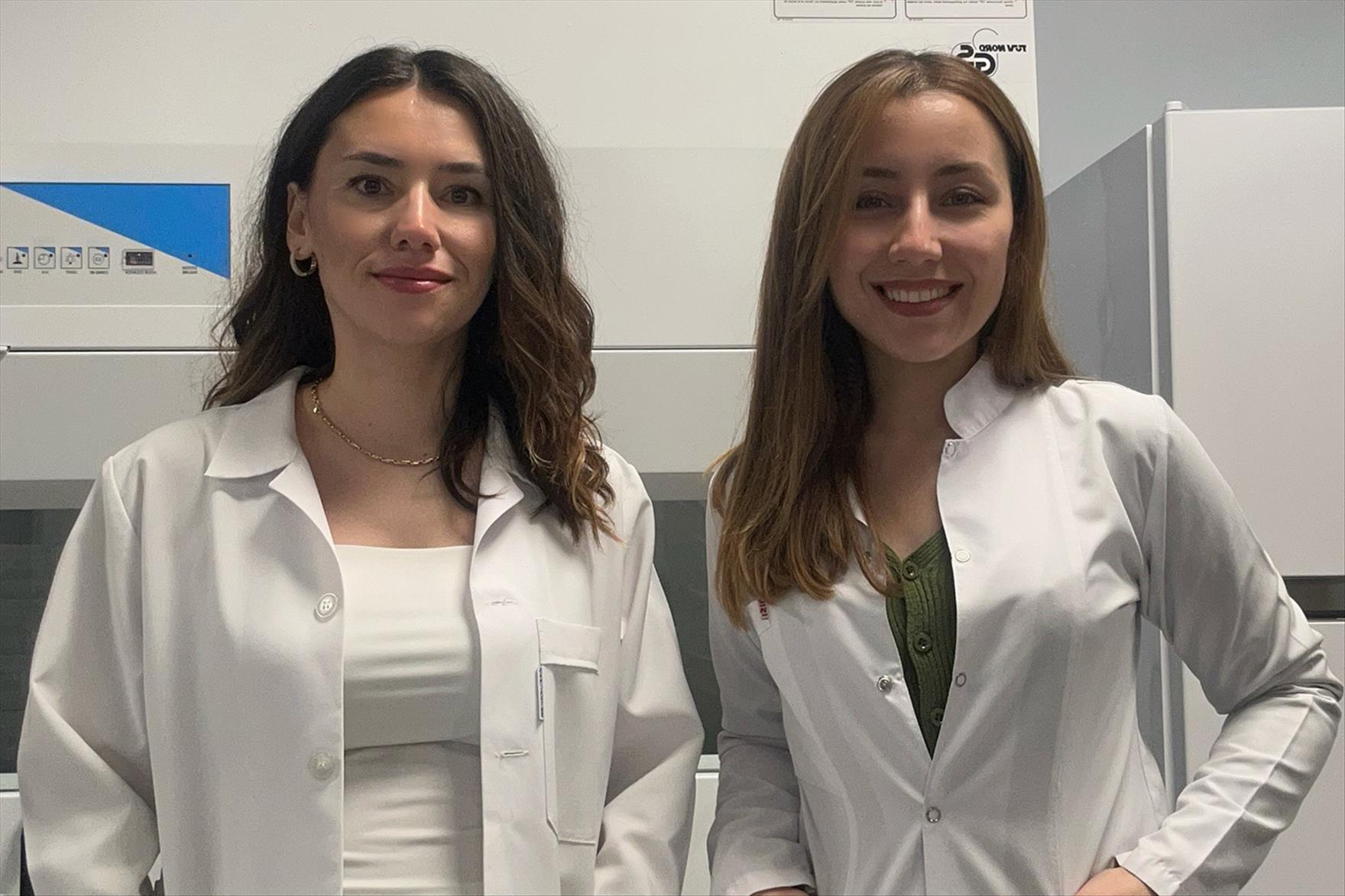"We Detected Sycamore Tree Cancer after a Sycamore Tree in Denizli was Broken and Toppled by the Wind"
Pamukkale University (PAÜ) Faculty of Science, Department of Biology, Assist. Prof. Dr. Refika Ceyda Beram, together with her graduate student Sultan Akyol, detected and registered the disease that sickens plane trees and causes fatal consequences in Denizli.

After the plane cancer, which was detected in Istanbul in the past years and caused the disease and death of historical plane trees, caused many discussions, PAU Department of Biology Dr. Refika Ceyda Beram detected and registered the disease that makes plane trees sick and causes fatal consequences in Denizli.
Dr. Beram: "The fact that this cancer was detected in Denizli is a sign that the spread of the pathogen is at an alarming level."
Providing information about plane tree cancer, Dr. Beram stated the following: “Ceratocystis platani is a foreign invasive fungus that causes plane tree cancer. It reaches new environments through international trade and human activities and poses a serious threat to the ecosystem. It is accepted as a quarantine organism by the European and Mediterranean Plant Protection Organization due to the deaths it causes in plane tree species. This disease causes the death of tens of thousands of plane trees in the United States, and in Europe; It has been reported in countries such as Albania, Armenia, France, Greece, Italy and Switzerland. We detected this transmission bundle disease, which was previously detected only in Istanbul in Turkey, as a result of a plane tree breaking and falling after the wind in Denizli. The fact that this cancer was detected in Denizli is a sign that the spread of the pathogen is at an alarming level. The disease may have started to spread in other cities in western Turkey. “This record is an important indicator of how great a threat plane trees in Turkey may be under in the future.”
“In addition to causing material damage, these fallen trees can also cause loss of life. Early diagnosis plays a very important role in detecting plant diseases, as in every field. Many trees that appear healthy from the outside have such serious problems. We cannot call trees that do not show any signs of disease completely healthy. There is no guarantee that healthy-looking trees will not be affected by disease agents and fall over in a short time. Our project to identify plant pathogens found in seemingly healthy urban trees throughout Denizli province continues. We aim to detect trees that do not yet show symptoms but carry the disease agent with molecular-based early diagnosis methods. Thus, we can prevent the spread of diseases to other trees in the same area. In this way, we will be able to get an earlier idea about risky trees and trees that are in danger of falling over.”
Dr. Beram: "Our research on the Biosecurity of Urban trees continues both at home and abroad within the scope of the 'Urban Tree Guard' European Union Project."
“Our research on the Biosecurity of urban trees continues both at home and abroad within the scope of the 'Urban Tree Guard' European Union Project, the first meeting of which we held at Pamukkale University in May 2022 and in which Denizli Metropolitan Municipality participated as a project partner. We would like to thank Prof. Johanna Witzell from Linnaeus University, Sweden, who supported us in this project and the Türkiye coordinator of our project, Project Coordinator Prof. Tuğba Doğmuş Lehtijarvi from Isparta University of Applied Sciences.”
